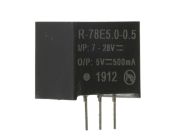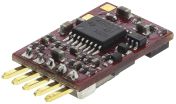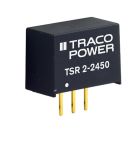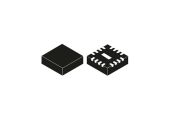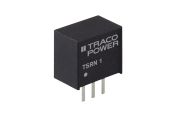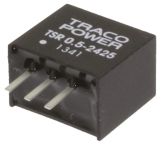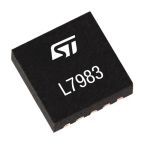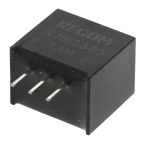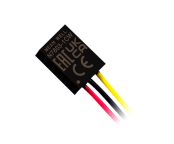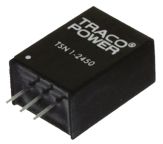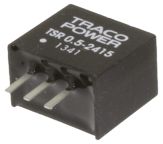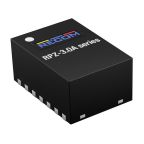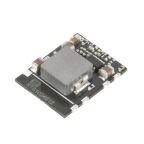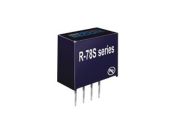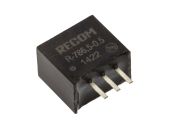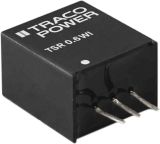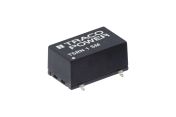Switching Regulators
Switching regulators are a type of circuit that can transform voltage and input current into a voltage and an output current that is most suitable to power the system that it is producing power for. These types of circuits are also known as converters and are ideal for regulating the energy that is transferred between these two contact points to maintain a constant output voltage that is safely within the limits of the circuit. They work at a much higher conversion efficiency than linear regulators and offer the advantage of better and more cost-effective power management in the long term, as well as the fact that they often don't require external capacitors.
What are switching regulators used for?
These types of regulators are often used for single-cell or multi-cell battery-powered applications and for battery-powered portable electronic devices like digital cameras, handheld games consoles, controllers and more. The main benefit of using these switching converters instead of linear regulators is that they offer short-circuit protection and ensure over-voltage and under-voltage protection. They are also good for protecting electronic systems from over-temperature and over-current damage.
Types of switching regulators
- Step-Up or Boost Regulators - These are the most basic type of switching regulator and are used to increase the output voltage
- Step-Down or Buck-Boost Converters - They reduce or reverse the output voltage with respect to the input voltage
관련된 링크들
- Voltage Regulators
- Texas Instruments, PTN78020WAD Step-Down Switching Regulator, 1-Channel 6A 7-Pin, DIP Module
- Pneumatic Pressure Regulators
- Pneumatic Regulators
- Filter Regulators
- Pneumatic Booster Regulators
- Texas Instruments, PTN78020WAH Step-Down Switching Regulator, 1-Channel 6A 7-Pin, DIP Module
- Welding Regulators

